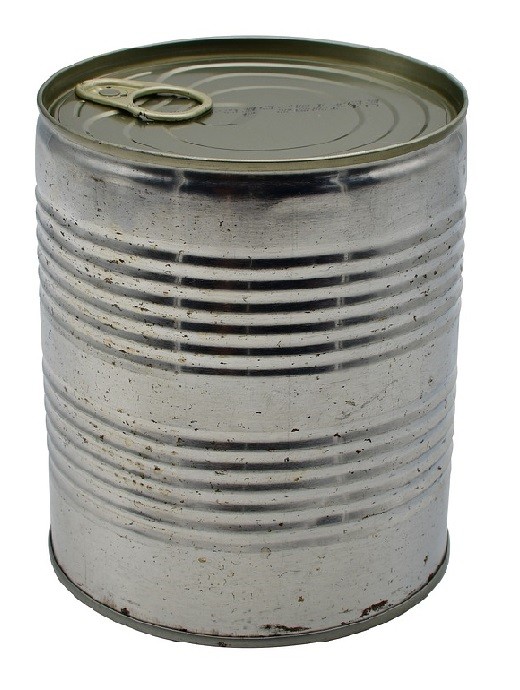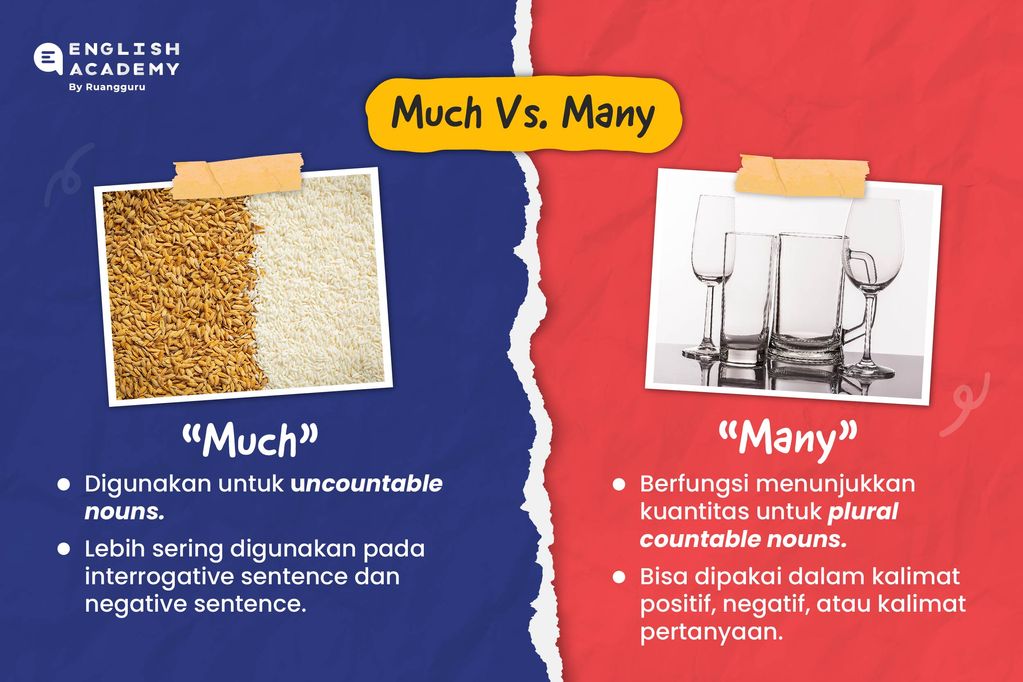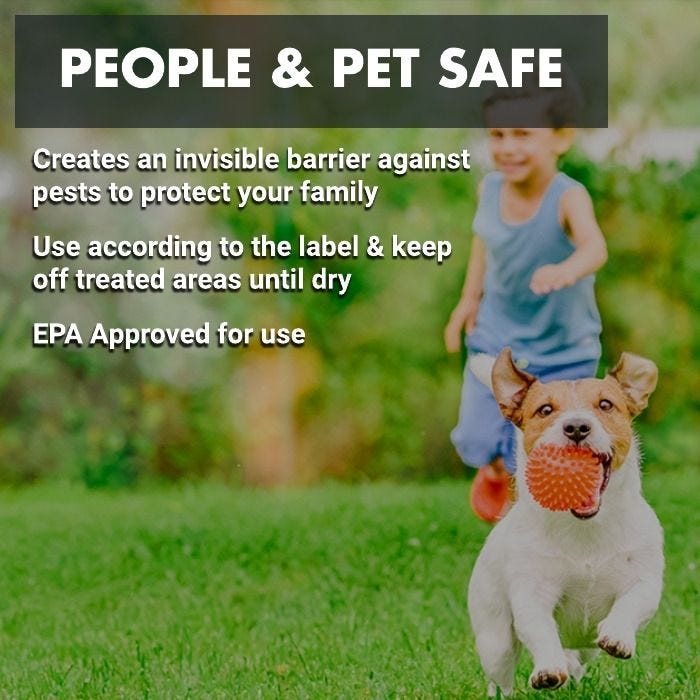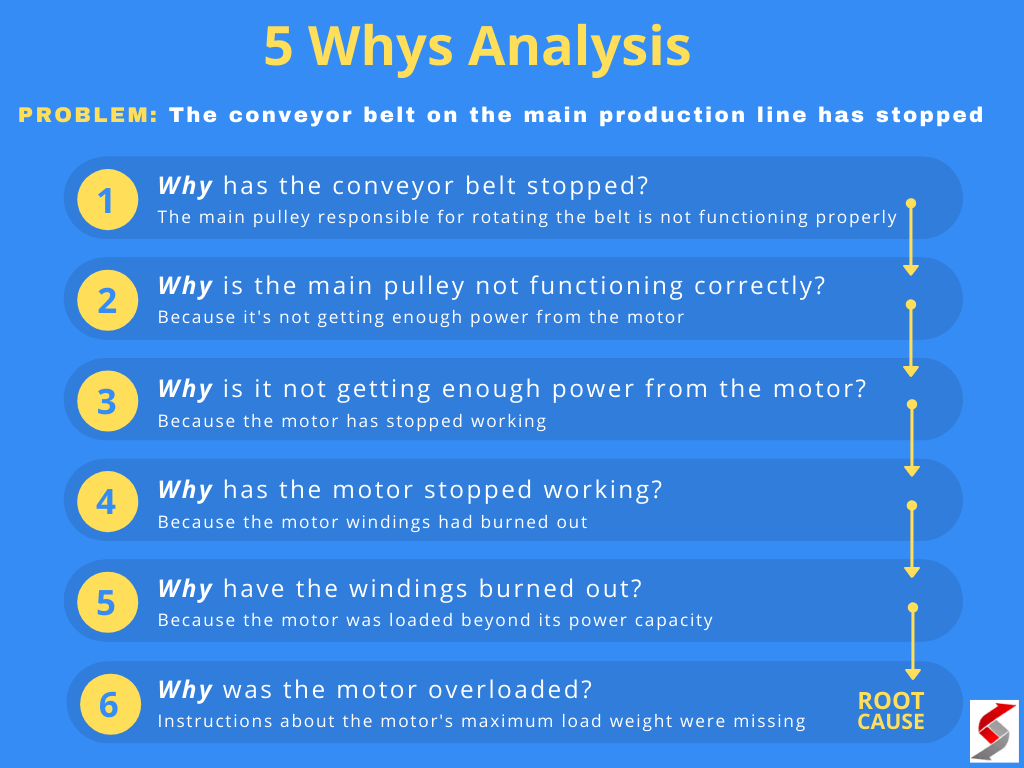Are Possums Good Pets? Candid Insights and Actionable Guidance
Introduction
Possums, also known as opossums in North America, fascinate many with their unique appearance and gentle behavior. Social media and anecdotal stories often suggest that possums can make delightful companions. However, before considering a possum as a pet, it’s crucial to understand their needs, challenges, and the ethical implications involved. This article provides a comprehensive, fact-based examination of whether possums are good pets, covering care requirements, case studies, practical guidance, and alternative approaches.
Understanding Possums: Behavior and Biology
Possums are wild animals-not domesticated species bred for human companionship. Their behavioral traits, such as frequent grooming and problem-solving skills, make them interesting, but these do not necessarily translate into suitability as household pets. Unlike common pet mammals, possums are marsupials with specific dietary, social, and environmental needs that are challenging to meet in captivity [1] .
Care Requirements and Challenges
Possums require highly specialized care. Their diet must maintain a strict calcium-to-phosphorus ratio, and any imbalance may result in metabolic bone disease, organ failure, or obesity. Captive possums need fresh foods and regular exercise, typically walking up to half a mile nightly in the wild. Providing adequate space and stimulation in a household setting is nearly impossible, leading to health deterioration and stress [4] .
Moreover, possums are prone to immune suppression under stress, making them susceptible to bacterial infections and other illnesses. The lack of comprehensive knowledge about their needs further complicates responsible care. Many experts and rehabilitators strongly advise against keeping possums as pets due to these risks and the ethical concerns of confining a wild animal [4] .
Real-World Experiences: Successes and Difficulties
There are documented cases of individuals raising possums, often from orphaned babies. Some owners report positive experiences, noting gentle and affectionate behavior, adaptability to household routines, and a close bond with their animal [2] . For example, one possum owner describes their pet becoming more diurnal to match their schedule and forming a strong attachment [2] .
However, these cases are exceptions, not the norm. Many professionals and experienced wildlife rehabilitators caution that possums often become stressed or aggressive, especially as adults. They may bite when provoked and generally do not thrive in captivity. Most positive anecdotes stem from short-term care or rehabilitation, not lifelong pet ownership. The consensus among experts is that possums are high-maintenance and rarely enjoy a good quality of life as pets [1] , [4] .

Source: rd.com
Legal and Ethical Considerations
In many jurisdictions, keeping a possum as a pet may be illegal or require special permits. Wildlife regulations aim to protect both animals and people, recognizing that wild species are not suited to domestic life. Ethically, confining a possum deprives it of natural behaviors and can result in suffering, despite the owner’s best intentions [1] .
If you find an orphaned or injured possum, the recommended course of action is to contact a licensed wildlife rehabilitator or animal control agency. These professionals have specialized training and resources to provide appropriate care and, if possible, release the animal back into the wild. For guidance, search for “wildlife rehabilitator” and your state or locality to find recognized organizations.

Source: commons.wikimedia.org
Practical Guidance: What to Do If You’re Interested
If you are seriously interested in caring for a possum, consider these steps:
- Research your state’s wildlife regulations regarding possum ownership. Many states prohibit keeping native wildlife as pets without permits.
- Contact local wildlife agencies or rehabilitators for advice. They can inform you about legal requirements, ethical considerations, and the realities of possum care.
- If you encounter a possum in distress, do not attempt to raise it yourself. Instead, secure the animal in a safe container and contact a wildlife professional.
For those who wish to experience possum behavior without ownership, volunteer opportunities may be available at wildlife rehabilitation centers or nature museums. These settings allow you to interact with possums in a controlled, ethical way [3] .
Alternatives to Possum Ownership
For animal lovers seeking a similar pet experience, consider domesticated species with comparable traits, such as rats. Rats are intelligent, affectionate, and well-suited to life as pets. They offer many of the same behavioral benefits-problem-solving ability, social bonding, and clean habits-without the risks and ethical concerns associated with wild animals [3] .
Other small mammals, such as guinea pigs or rabbits, also make excellent companions and have well-established care routines. Before adopting any animal, research its needs, legal status, and compatibility with your lifestyle.
Key Takeaways
While possums may appear gentle and interesting, they are not suitable pets for most households. Their specialized care requirements, susceptibility to stress and disease, and ethical considerations make them a poor choice compared to domesticated alternatives. If you feel strongly about helping possums, pursue wildlife rehabilitation or volunteer opportunities.
If you need further guidance, search for your state’s wildlife agency or “wildlife rehabilitator” in your area for current regulations and responsible support. Always prioritize animal welfare and consider the long-term implications of wildlife ownership.
References
MORE FROM gowithdeal.com













